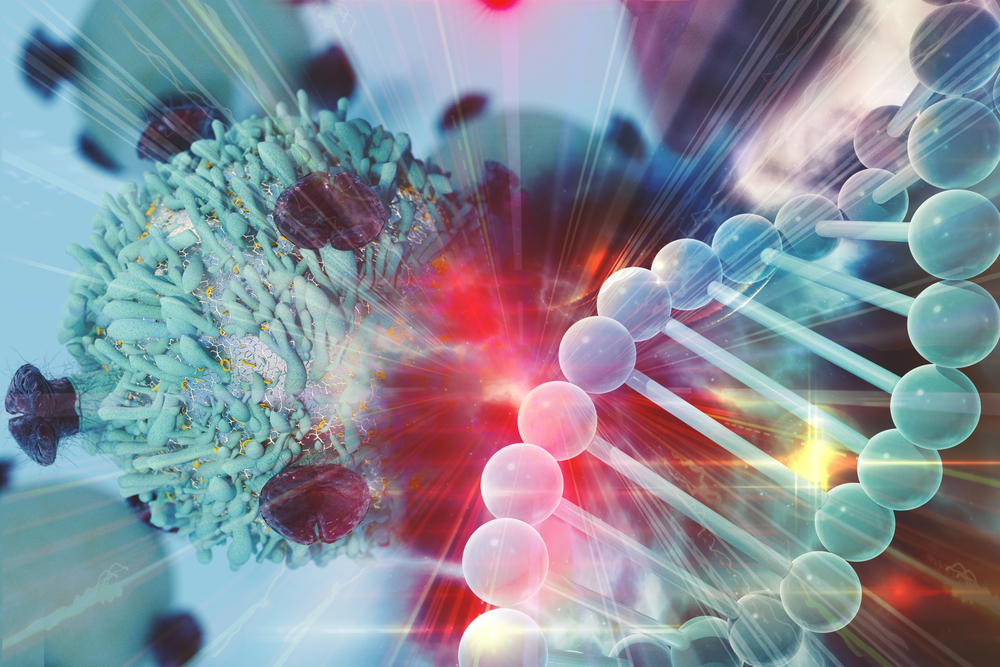CLN3 Gene Therapy Showing Safety, Possible Efficacy in Trial, Amicus Reports

AT-GTX-502, Amicus Therapeutics’ investigational gene therapy for juvenile Batten disease, has been well-tolerated and is showing a potential to stabilize early signs of the disease in children and infants.
These are the initial findings of a first Phase 1/2 trial (NCT03770572) investigating the safety and efficacy of a single dose of AT-GTX-502 in infants and children, ages 3–10, with juvenile Batten disease, also known as CLN3 disease.
Based on these promising findings, Amicus is planning to ask regulatory authorities for the right to a second trial of AT-GTX-502 later this year.
“We are encouraged by the data and hope to make a meaningful impact for individuals living with CLN3 Batten disease, an ultra-rare, devastating neurodegenerative disease with no approved treatments,” Jeff Castelli, PhD, chief development officer of Amicus, said in a press release.
Early trial data was presented by the company in the poster, “An Open-Label, Phase 1/2a, AAV9-CLN3 Gene Transfer Clinical Trial for Juvenile Neuronal Ceroid Lipofuscinosis,” at the 17th Annual WORLD Symposium 2021, held online Feb. 8–12.
AT-GTX-502 is an experimental, one-time gene therapy that uses a harmless, modified version of an adeno-associated virus (AAV), called AAV9, to deliver a functional copy of CLN3 — the gene that is faulty in CLN3 disease — to patient’s nerve cells. By providing these cells with a working copy of CLN3, the therapy is expected to slow the physical and neurodevelopmental decline that characterizes CLN3 disease.
The therapy is administered by an injection directly into patients’ spinal fluid (intrathecal injection), to ensure it reaches cells of the central nervous system (brain and spinal cord).
The open-label, Phase 1/2 trial is investigating the safety and efficacy of a low (6×1013 vector genomes or vg) and high dose (1.2×1014 vg) of AT-GTX-502, both given by a single intrathecal injection, in a small group of children and infants with CLN3 disease.
In addition to assessing safety, the study’s main goal is to evaluate the efficacy of AT-GTX-502 at slowing patients’ physical impairment, using the Unified Batten Disease Rating Scale (UBDRS). This 20-item rating tool was specifically created to assess disease progression in children with CLN3 disease across several domains, including vision, balance, motor strength, and gait. Higher scores indicate a greater degree of physical disability.
Early safety and efficacy data in the presentation covered children followed for up to 15 months after being given AT-GTX-502.
Safety analyses included data from four children, three who received the low dose and one treated at high dose. These analyses indicated AT-GTX-502 was safe and well-tolerated, with most common side effects either mild or moderate in severity and not related to treatment. Four reported side effects — all cases of elevated levels of liver enzymes — were deemed to be related to treatment, but all were resolved.
Analyses of preliminary efficacy were based on data from three children in the low-dose at 15 months post-treatment, and the one high dose child who had been monitored for three months.
These analyses showed that those given AT-GTX-502 at low dose had a mean change in the UBDRS Physical Impairment score of 0.07 at one year post-treatment, much lower than the expected annual increase of 2.86 points, based on published data of the disease’s natural history in the absence of treatment. This suggests that AT-GTX-502 may help to slow disease progression.
“We are pleased to share this first set of clinical data for our intrathecal AAV gene therapy for CLN3 Batten disease and the second clinical program in our Batten portfolio. Preliminary results from this analysis suggest early signs of disease stabilization and has the potential to slow the neurological disease progression in children with CLN3 Batten disease,” Castelli said.
This Phase 1/2 trial is due to conclude in September 2023.





